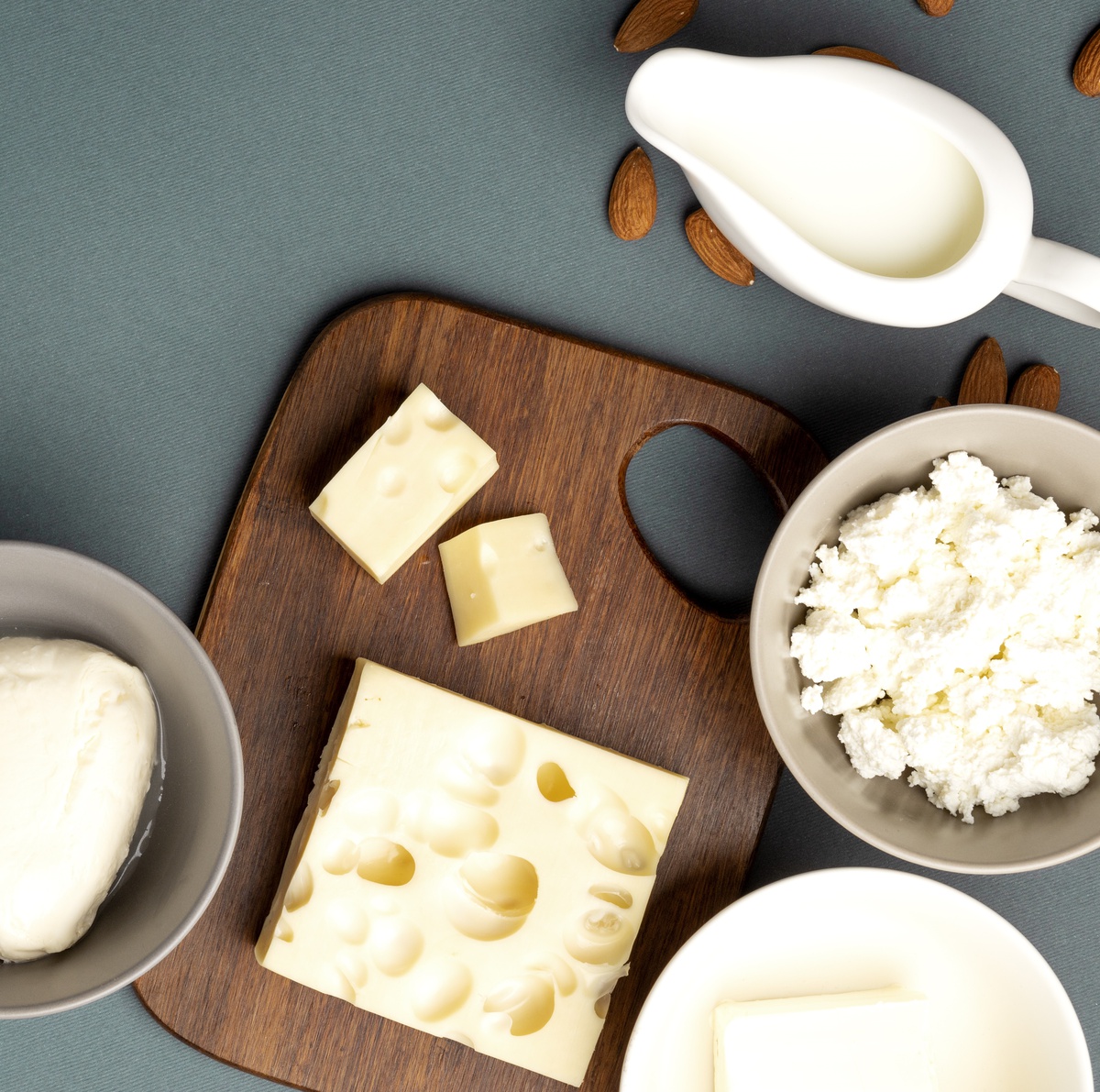In our R&D-center in Moscow, a seminar "Vectors of development of the confectionery market" was held. The main topic is cocoa butter alternatives, as these ingredients are used to produce a variety of sweets. The participants discussed the intricacies of their application, and we also held a delicious master class. EFKO technologists prepared sweets, chocolate with fillings and waffles right during the meeting, demonstrating the quality of products using our ingredients.
For the production of chocolate, not only cocoa butter is used, but also its alternatives. The reason is simple: cocoa butter is an expensive and scarce product - it is simply not physically enough. Cocoa trees grow in a relatively small area, mainly in equatorial Africa and South America. Therefore, the food industry throughout the 20th century has been looking for and developing options for its replacement.
Cocoa butter equivalents are made from exotic vegetable oils. Technologically, they are even slightly superior to cocoa butter. These ingredients have high hardness, crystallization rate and temperature and can be used for the production of chocolate and chocolate coatings.
Our technologists prepared several sweets at once with the equivalent that our company produces - it was used to make chocolates with caramel and passion fruit, dragees in milk chocolate with cashews, coffee and sesame sweets. It turned out great!
At the same time, our technologists told how to deal with one of the main "pains" of confectioners - "graying of chocolate", when a white coating forms on the surface of the product. Most often, chocolate "turns gray" due to violation of storage conditions.
“If the chocolate mass is even slightly“ overheated ”during transportation or already during storage, the crystal lattice of cocoa butter simply disintegrates,” explains our technologist Evgenia Potekina. - During solidification, the crystals become stable, but the wrong crystal structure on the surface of the product. Hence the "fat bloom".
Our company has developed innovative ingredients - cocoa butter improvers based on shea butter. They solve the problem of "graying" - they are suitable for use in regions with a hot climate and have proven themselves well in products with a high content of milk fat.
Another option for cocoa butter alternatives that the participants discussed during the workshop is new generation cocoa butter substitutes.
“We are talking about mixed-type cocoa butter substitutes for glazes - these are fundamentally new products,” said EFKO Group technologist Ekaterina Hambalinova. - Such ingredients took the best from lauric cocoa butter substitutes and non-lauric type: accelerated crystallization of the former and plasticity of the latter in the production of glazed products, and also solved the problem of normalizing trans-isomers. Such fats are optimal for the production of dark, white and milk glazes for glazing the entire range of flour confectionery products, including wafers, praline-type sweets and all other products where non-lauric-type ZMC are currently used. The product is so ahead of its time that the legal terminology for it is still being developed.”
To introduce pastry chefs to the new generation of cocoa butter substitutes, we held a master class on making glazed vanilla wafers.
“Seminars are a good tradition in our company,” said Director for the confectionery industry of the oil and fat division of EFKO Group of Companies Alena Surkova. - We meet with partners to discuss market trends and legislation, to exchange views and experience. And this time we gathered participants in our R&D center to demonstrate the possibilities of using our new ingredients.”



